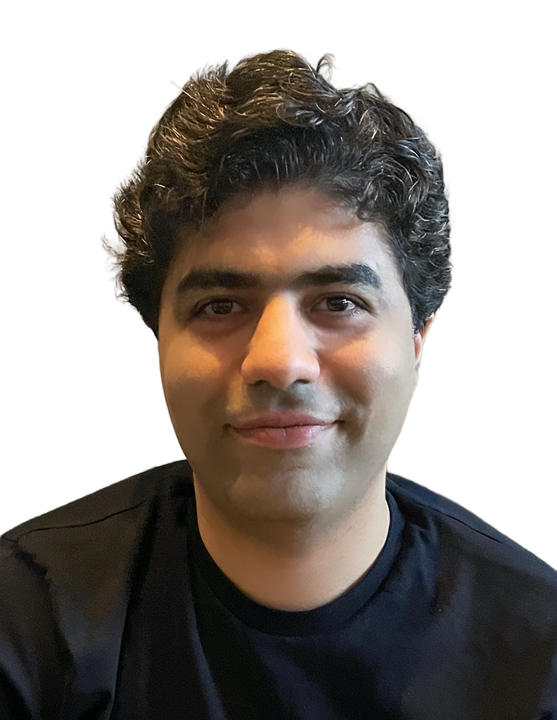Know more about
Mahdi Hasani, PhD

Mahdi Hasani, PhD
Dr. Mahdi Hasani joined the Mechanical and Aerospace Engineering faculty at Cornell University in July 2024. Before this appointment, he was a Faculty Innovation Fellow at UCLA, where he led pioneering research in polymeric biomaterials for applications in immunoengineering and regenerative medicine. His innovative work resulted in over 14 U.S. patents, several of which have been licensed. Additionally, Dr. Hasani is a co-founder and board member of three biotech and biopharma startups and has served as a guest lecturer at UCLA. Dr. Hasani has an impressive academic portfolio, with over 90 peer-reviewed journal articles and an h-index of 42, reflecting the impact of his research. His work is published in prestigious journals such as Science Translational Medicine, Nature Biomedical Engineering, Advanced Materials, ACS Nano, Nano Letters, Biomaterials and JACS. Previously, he was an Assistant Professor in the Biomedical Engineering Department at Amirkabir University of Technology. Notably, Dr. Hasani holds two B.Sc., two M.Sc., and two doctoral degrees—one in polymer engineering and another in bioengineering—spanning expertise in fields such as renewable energy, dental biomaterials, tissue engineering, and cancer vaccine development.
Engineered Nanoparticles for Cancer Therapy & Beyond
Abstract:
Nanotechnology holds tremendous promise in the realms of cancer diagnosis and therapy, poised to revolutionize clinical applications. In this presentation, I will provide an overview of recent advancements in the field, followed by a summary of my ongoing efforts to develop a technological framework dedicated to the synthesis and assessment of polymer-based cancer (immuno-)therapeutics. The focus of my talk will be on the innovative use of microfluidics platforms to engineer the biophysical properties of cancer nanomedicines, with particular emphasis on how tuning the mechanical properties of these nanoparticles can impact their biological behavior and therapeutic outcomes. Inspired by viruses, my presentation will showcase nanoparticles capable of dynamically switching from a soft state during circulation throughout the body to a stiff state upon reaching the target tumor tissue. This dynamic transformation tremendously enhances their therapeutic efficiency. Additionally, I will discuss the potential use of these nanoparticles as cancer vaccines, which not only can be employed as personalized therapies with minimal side effects but are also capable of generating prolonged anti-cancer immunity to prevent tumor recurrence. In summary, my talk aims to provide a comprehensive understanding of how nanoparticle design can play a crucial role in influencing and controlling the therapeutic efficacy of nanomedicine.
 ICBME 2024
ICBME 2024